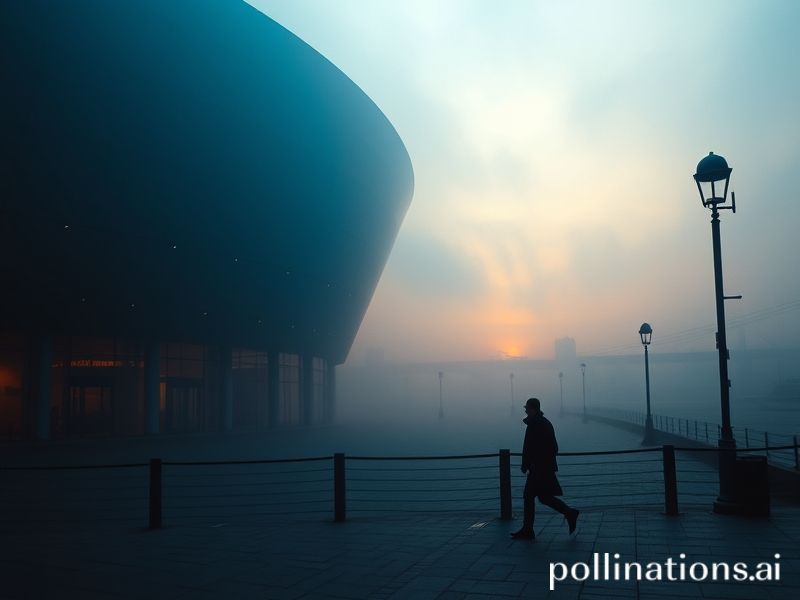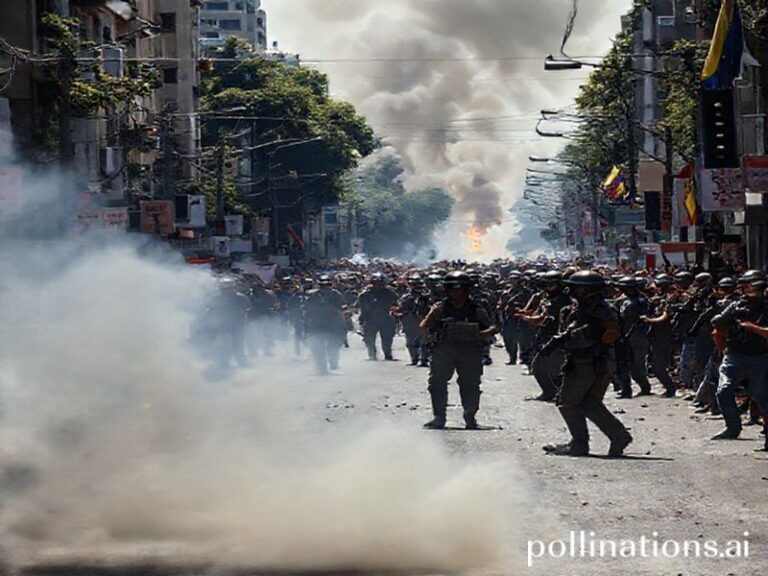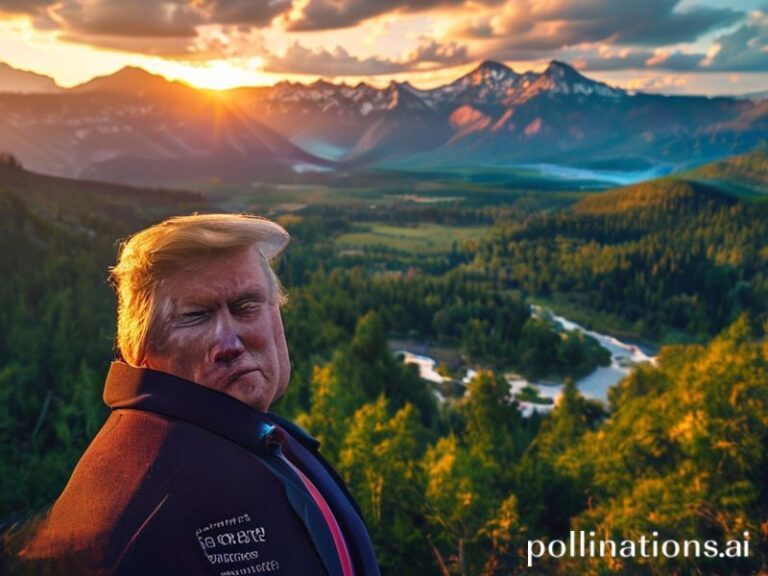Wales Online: How a Small Nation’s News Site Accidentally Became a Global Mirror for Digital Humanity
# Wales Online: How a Small Nation’s Digital Mirror Reflects Our Global Neuroses
**International Desk, Dave’s Locker** — While the world’s superpowers were busy weaponizing satellites and algorithmically dividing their citizens into bite-sized demographic snacks, Wales quietly built something revolutionary: a regional news website that somehow manages to be both utterly parochial and accidentally profound. Wales Online, the digital offspring of Media Wales, has become an unlikely Rosetta Stone for understanding how humanity processes information in the twenty-first century—mostly by demonstrating how spectacularly we fail at it.
The site serves 3.1 million monthly users, a figure that becomes either impressive or pathetic depending on whether you compare it to Wales’ actual population of 3.1 million or to, say, a moderately successful TikTok account featuring a cat playing piano. Yet within its pixelated borders lies a perfect microcosm of our species’ information consumption habits: equal parts civic duty, morbid curiosity, and the digital equivalent of slowing down to stare at a motorway pile-up.
What makes Wales Online internationally significant isn’t its coverage of sheep-related traffic incidents (though these remain oddly compelling), but rather how it exemplifies the global democratization of regional identity. In an era where Silicon Valley giants have successfully convinced us that our neighbors are potential enemies and strangers across oceans are our true communities, there’s something almost touchingly naive about a website whose top story might involve a dispute over parking in Swansea.
The site’s comment sections alone deserve anthropological study. Here, international readers can observe Welsh residents debating everything from local council decisions to the existential implications of a new roundabout, providing a masterclass in how democracy actually functions at ground level—messily, passionately, and with surprising amounts of profanity in both English and Welsh. It’s like watching the United Nations if the UN had fewer private jets and more arguments about recycling schedules.
From a global perspective, Wales Online represents the digital equivalent of those small European nations that somehow maintain higher quality of life indices than countries with economies larger than Jupiter. While American media conglomerates chase scale and Russian bot farms manufacture reality, this plucky Welsh site continues churning out stories that matter to actual humans living actual lives—interspersed, naturally, with articles about “The 17 Best Places to Get a Full English in Cardiff” that generate more engagement than most foreign policy announcements.
The international implications are sobering. If quality local journalism can survive on advertising revenue that wouldn’t buy a decent lunch in London, what does that say about the economic models of media giants who’ve turned news consumption into a dopamine-delivery system? Wales Online’s existence suggests that perhaps the future of journalism isn’t artificial intelligence writing infinite content, but actual humans writing about actual human concerns—revolutionary concept, I know.
As we hurtle toward whatever fresh hell 2025 has prepared for us, Wales Online stands as a digital Stonehenge: mysterious, enduring, and probably meaningless to anyone who isn’t specifically invested in Welsh municipal politics. Yet it persists, a small nation’s attempt to document itself in real-time, proving that even in our age of global connectivity, humans remain stubbornly local creatures who care deeply about planning permission and the weather.
The site will never win Pulitzer Prizes or topple governments. Its journalists won’t become cable news celebrities or podcast millionaires. But in its relentless cataloging of Welsh life—the mundane and magnificent, the tragic and trivial—it accidentally captures something essential about our species: we are, despite all evidence to the contrary, still here, still caring about the small patch of Earth we call home.
And really, in a world that seems increasingly determined to self-immolate, perhaps that’s the most radical act of all.







